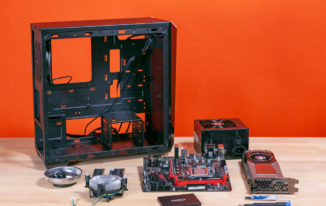Carving Out A Game Designer Career
Computer engineering is really a field of study that generates computerized resolutions to all or any the pc processing problems such as system control, manufacturing troubles and research problems using the to merged expertise in electronic engineering and computer science. Courses in computer engineering include on-line, instrumentation, control system theory, digital and analog electronics, and robotics.
– Before unveiling the options of making a diploma, a bit background is necessary
– Combining the education of your engineer and technical know-how of your computer scientist, this discipline can be applied to each and every business whose operations depend upon computer systems
– So due to the opportunities that it can give, which are the choices available for this program
Common Engineering College Majors
From medicine to entertainment, computer engineers are able to enter a number of fields. People that hold these majors are able to do several different jobs. One person might choose to use prosthetics or improving medical equipment. Someone else might take that same degree and develop developing and improving attractions for Walt Disney World. The possibilities are endless. – Currently, one of the most lucrative jobs in engineering is in the field of computers
– Computer engineering jobs have been on the rise for the past 20 years accompanying giant leaps in technology
– The same goes for biomedical and agricultural engineering
– These three areas of expertise certainly are a unique mix of theoretical and practical application for an engineer
– Generally, these specialties will demand significant schooling or working out for prospective employees
The main subjects which come under computer science are artificial intelligence, computer architecture, software systems, numerical methods, algorithms, theory of computations, computer graphics, networking protocols, databases, operating systems, simulation and modeling, parallel computations and software engineering.














